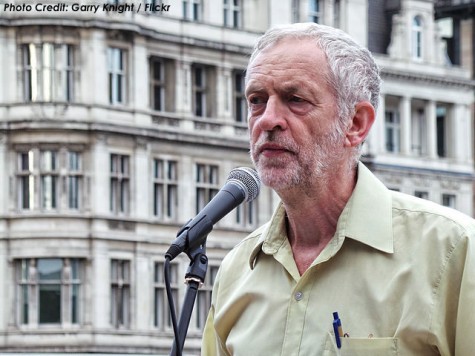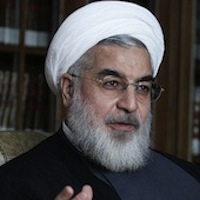An excerpt from the spring 2017 Labour Party manifesto…
So yes, this election is about what sort of country we want to be after Brexit. Is it one where the majority are held back by the sheer struggle of getting by? That isn’t the Britain Labour is determined to create.
So let’s build a fairer Britain where no one is held back. A country where everybody is able to get on in life, to have security at work and at home, to be decently paid for the work they do, and to live their lives with the dignity they deserve.
Let’s build a country where we invest our wealth to give everyone the best chance. That means building the homes we need to rent and buy, keeping our communities safe with more police officers, giving our children’s schools the funding they badly need, and restoring the NHS to its place as the envy of the world.
Don’t let the Conservatives hold Britain back.
Let’s build a Britain that works for the many, not the few.
Creating An Economy That Works For All
Labour’s economic strategy is about delivering a fairer, more prosperous society for the many, not just the few.
We will measure our economic success not by the number of billionaires, but by the ability of our people to live richer lives.
Labour understands that the creation of wealth is a collective endeavour between workers, entrepreneurs, investors and government. Each contributes and each must share fairly in the rewards.
This manifesto sets out Labour’s plan to upgrade our economy and rewrite the rules of a rigged system, so that our economy really works for the many, and not only the few. Britain is the only major developed economy where earnings have fallen even as growth has returned after the financial crisis. Most working people in Britain today are earning less, after inflation, than they did ten years ago. Too many of us are in low-paid and insecure work. Too many of us fear our children will not enjoy the same opportunities that we have.
Labour will turn this around. We will upgrade our economy, breaking down the barriers that hold too many of us back, and tackling the gender pay gap. Our National Transformation Fund will deliver the investment that every part of Britain needs to meet its potential, overcoming years of neglect. Our industrial strategy will support businesses to create new, high- skilled, high-paid and secure work across the country, in the sectors of the future such as renewables. We will stop our financial system being rigged for the few, turning the power of finance to work for the public good. And we will put small businesses at the centre of our economic strategy.
The growth created by our national investment plan, underpinned by the responsible economic management embodied in our Fiscal Credibility Rule, will create good jobs, drive up living standards and improve the public finances.
It is a plan that will deliver Labour’s vision of an economy that works for the many, not just the few – a Britain in which no one is held back.







 But my analysis centered more narrowly on the role that calmer and reframed rhetoric could play in tamping down tensions and climbing “Iran back down off the ledge” that Rouhani’s predecessor Ahmadinejad had helped put it on. Careful and precise political communication, as I suggested then that it could, was indeed able to transcend some of the official political landscape (at home and abroad) and bring the powers and Iran close enough together to find a way toward a deal.
But my analysis centered more narrowly on the role that calmer and reframed rhetoric could play in tamping down tensions and climbing “Iran back down off the ledge” that Rouhani’s predecessor Ahmadinejad had helped put it on. Careful and precise political communication, as I suggested then that it could, was indeed able to transcend some of the official political landscape (at home and abroad) and bring the powers and Iran close enough together to find a way toward a deal.